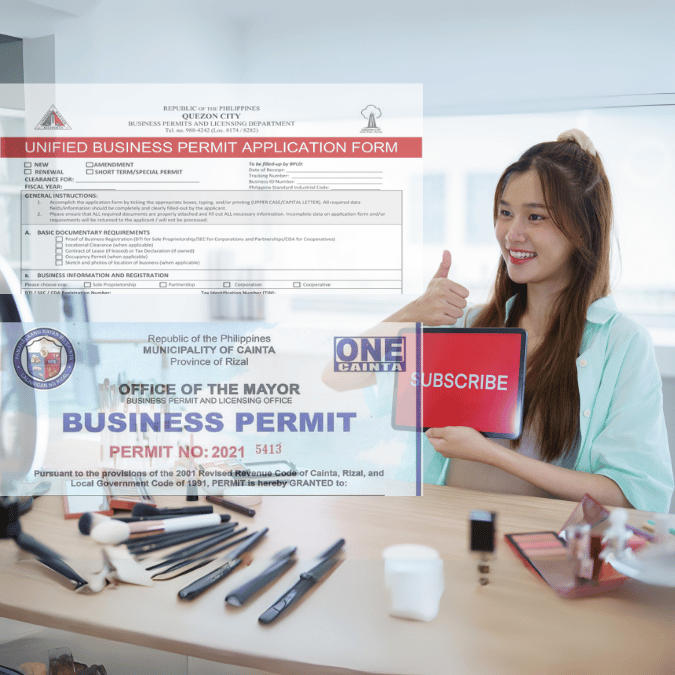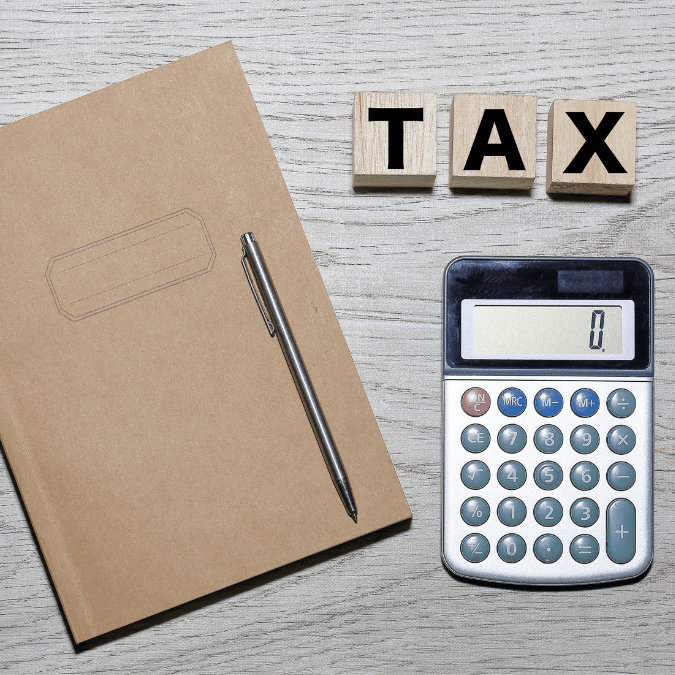Starting a small business can be a promising endeavor. With a growing economy and a supportive entrepreneurial ecosystem, there are various opportunities for business owners. It’s important to note that starting a business requires careful planning, research, and compliance with local laws and regulations.


Image from Pinoy-ofw.com
First off, come up with a business idea. Begin by brainstorming and researching potential business ideas. Consider your skills, market demand, and competition. Before starting your business, it is important to conduct a feasibility study. Create a comprehensive business plan that outlines your goals, target market and marketing strategies. This will serve as a roadmap for your business and help you secure funding or investments. Lastly is to register your business with the appropriate government agencies.
The coronavirus pandemic impacted a lot of lives. Through the health and economic crisis that everyone is facing, many people took their chances to start an online business. One of the advantage on having an online business is it does not require anyone a huge amount of capital and it is easily to set up. However not all businesses guarantee success, and to prevent immediate failure it will be helpful for any promising business owner to learn how to start their small business the right way.
There are business owners who already established an online business but are still not aware that there are certain registrations they need to do, and permits that have to be acquire. Whether it’s freelancing, blogging or selling a certain product online.
The key steps include obtaining a Barangay Clearance, securing a Mayor’s Permit, registering with the Department of Trade and Industry (DTI) or Securities and Exchange Commision (SEC) and Bureau of Internal Revenue (BIR). The specific requirements may vary depending on your chosen business structure.
To get a Barangay clearance, go to the barangay hall in your area and bring the necessary requirements which may include: Valid identification card (e.g., government-issued ID or passport), Proof of residency (e.g., utility bills, lease agreement, or voter’s ID) and Application form, which you can get at the Barangay Hall.
To obtain a Mayor’s permit, here is a general overview of the process: Secure the Initial Requirements by preparing the necessary documents, which may include an accomplished application form, SEC/DTI/CDA Certificate of Registration, and other clearances or certifications. Visit the Business Permit and Licensing Office (BPLO) in your city and complete the application form. Pay the required fees, which may include the Mayor’s Permit fee, building fee, and other applicable charges.
To register your business name with the Department of Trade and Industry (DTI), here’s the following steps you should follow: First, confirm the availability of your business name by going to the DTI’s website. Once your business name is available, proceed and fill up DTI’s online registration form through their Business Name Registration System (BNRS). Pay the registration fee within 7 calendar days from the application date. Here are the registration fees based on the territorial scope: Barangay cost Php 200, while City/Municipality is Php 500 and Regional is Php 1,000. You can pay the fee via GCash, PayMaya, or Credit/Debit Card.
For online businesses such as online shops or single proprietor, here’s the process on how to register your business in the Bureau of Internal Revenue (BIR): Bring DTI Certificate of Registration, Barangay Clearance, Mayor’s Permit, Certificate of Lease (if the place is rented) or Certificate of Land Title (if owned) and a Government-issued identification such as Passport, Driver’s License, Birth Certificate, etc. Fill up and accomplish 3 copies of BIR Form 1901. Head to your respective Revenue District Office (RDO). This is where your business is located and has jurisdiction over you. Pay the registration fee of Php 500 and Php 30 for proof of payment of Annual Registration Fee (ARF) in BIR accredited banks.
After you complete all the paperwork for registration and made your small business legal, you can now sit still since your small business is now entirely yours. Now you get to enjoy working at the comforts of your home and be your own boss.











